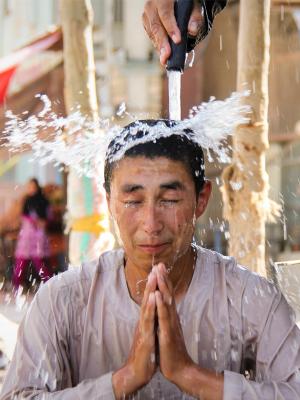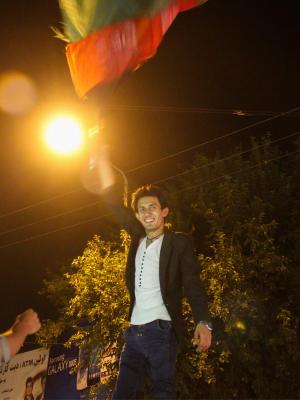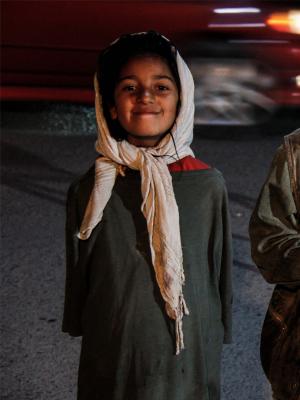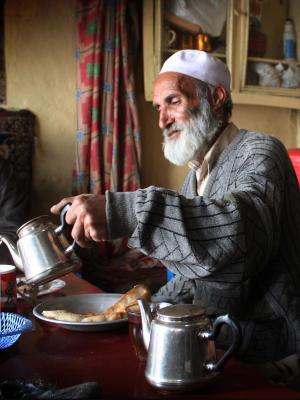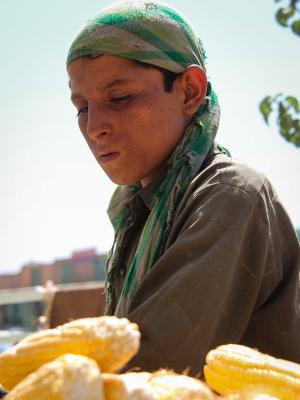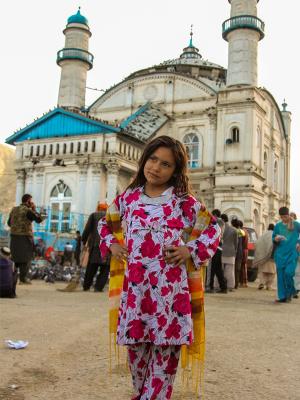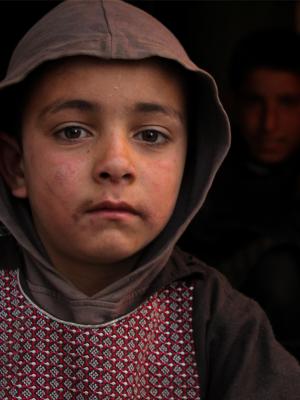the lens of kabul
nazir ekhlass
interview with i.t.a.
nazir welcome back to powder, you’ve been a treasured collaborator in the past and it is great to have you again. you’ve really been turning us on with the street life you capture in your hometown kabul.
firstly, I know that a lot of powder readers have really been taken by your images of kabul. did you have an international audience in mind when you began? what led you into photography?
I have always dreamed of being a famous photographer and have always wanted to have an international audience. I believe I have strides to take to be a good and famous photographer. I also believe if success in photography has 1000 steps of stairs then I have just started climbing the first step. I was very young when I started going to painting classes and since then I think I see objects differently than others, I see everything in the frame of a camera and imagine how it would look if captured.
when you are out on the streets do you look for something specific? how do you choose your subject matter?
Street photography is full of surprises. I sometimes do chose my destination but can’t decide what I would be shooting once I am out. How do I choose my subject: by the look on their faces and eyes, once I look into their eyes I start imagining what my portrait of this person will look like.
do you have a favourite type of subject matter that you look for? what do you especially like to take photographs of?
I have always wanted to be a war photographer, but for now I can’t be, so my favourite subjects are kids, old men and old women. Kids because I want to show the world that their innocence is lost because of the war. Old men and women since they make amazing portraits.
do you prefer film or digital? what type of photographic equipment do you use?
I prefer Digital, since I don’t know how to develop negatives and digital is easier to edit. My current camera is EOS 60D (Yes! I use Canon and it’s the best) with 18-200 and 24-105mm L-lens, Speedlite 580EX II flash, with few other pieces of equipment like wireless remotes, tripods, a monopod. My dream camera is an EOS 1Dx + 16-35 IS II L Lens.
is there a big photography movement in afghanistan today? are there any current afghan photographers that inspire you?
No idea why I am not a part of them but yes there are a few photography clubs established like 3rd Eye, Afghan Eyes and a few more. There are lots of photographers who inspire me and they are my idles but unfortunately none of them are Afghans, the one who inspires me a lot is Mr Steven McCurry.
you spent much of your childhood living as a refugee in pakistan. how did you come to be in this situation? which part of pakistan were you in and what was life like there for you?
Right after coup against President Dr. Najeeb happened in 1992, my father decided it would be best for us to leave Afghanistan and move to Pakistan, all our relatives moved to other countries and only our family with my Aunt were left in Pakistan. We lived in Islamabad for a few years then moved to a hill station Marree. We faced the worst of life there, the economy was very bad and it couldn’t support a good education.
what are some of the memories that stand out for you of your time in pakistan?
My school, it was a middle school and I will never forget my classmates and teachers. The days I spent in school (even though I was kid back then) I will never forget.
when the taliban had control of afghanistan what was it like for a photographer? were people free to photograph as they pleased or were there restrictions?
Haram (Forbidden), the act of photography was considered Haram and punishable with lashes and always resulted with broken cameras. Source: friends and family who stayed in Kabul during Taliban regime.
I sometimes wonder if it was considered forbidden back then how come Taliban leaders and fighters are all over the TV and websites.
in kabul today life has changed a great deal and there has been a lot of modernisation. what would you say are some of the most positive changes that have come about? and what are the drawbacks of recent developments?
Totally agree with you, Kabul has changed a lot, the most positive change is that youth are seeking education and are trying to replace the old warlords in politics, once they achieve their goals in politics things will be much better than they are now.
Only one drawback that has been causing thousands of problems and that is corruption, for as long as we have the current corrupt government officials things might never move forward.
and for you nazir, what projects and plans do have coming up for you in the year ahead?
I made a friend through my facebook page (Afghan Lens) and with his help I am planning to launch a photography club under my facebook page’s name very soon. We are planning to help Afghan freelancing photographers feel free while photographing and will try to change the idea of photography being counted as an act of terror.
nazir thanks for returning to powder and for being one of our guest editors for this issue of afghan powder. we wish you well for the future and look forward to seeing your next shots.
check out afghan lens
500px nekhlass
